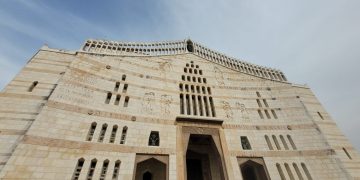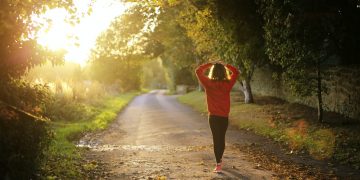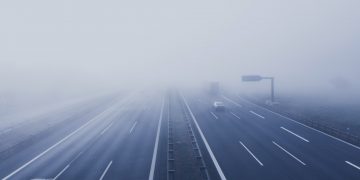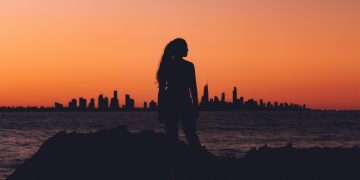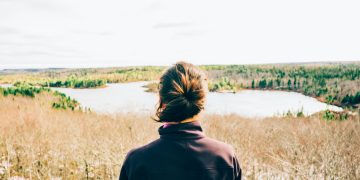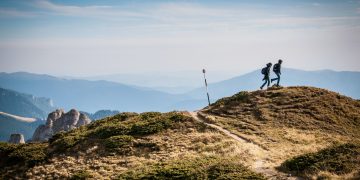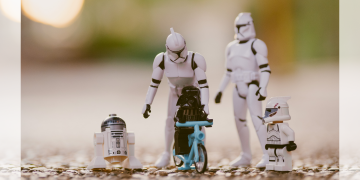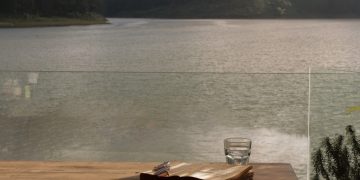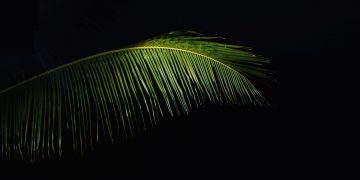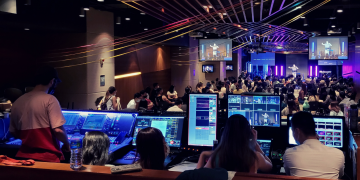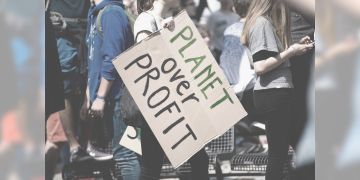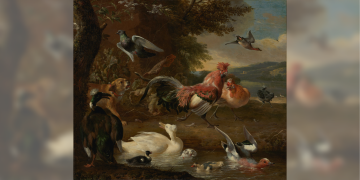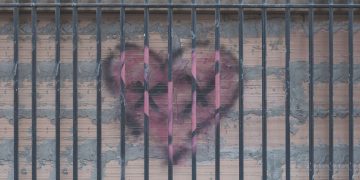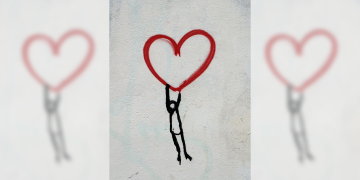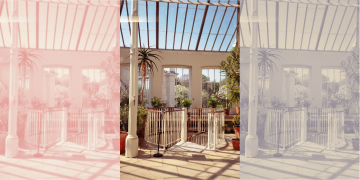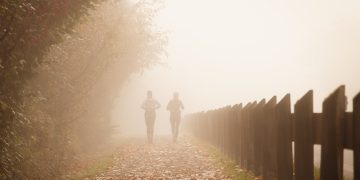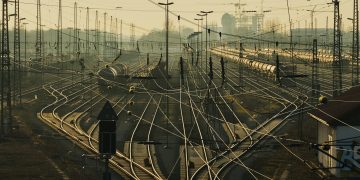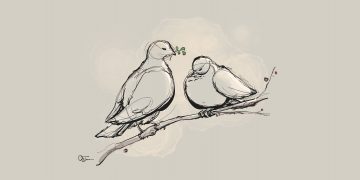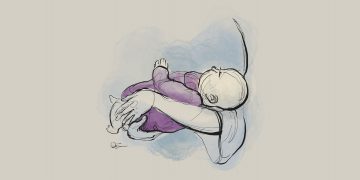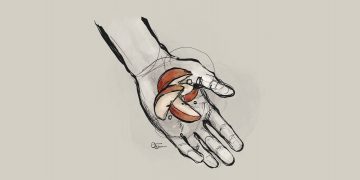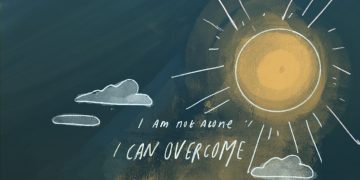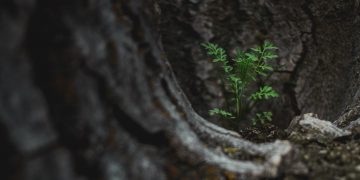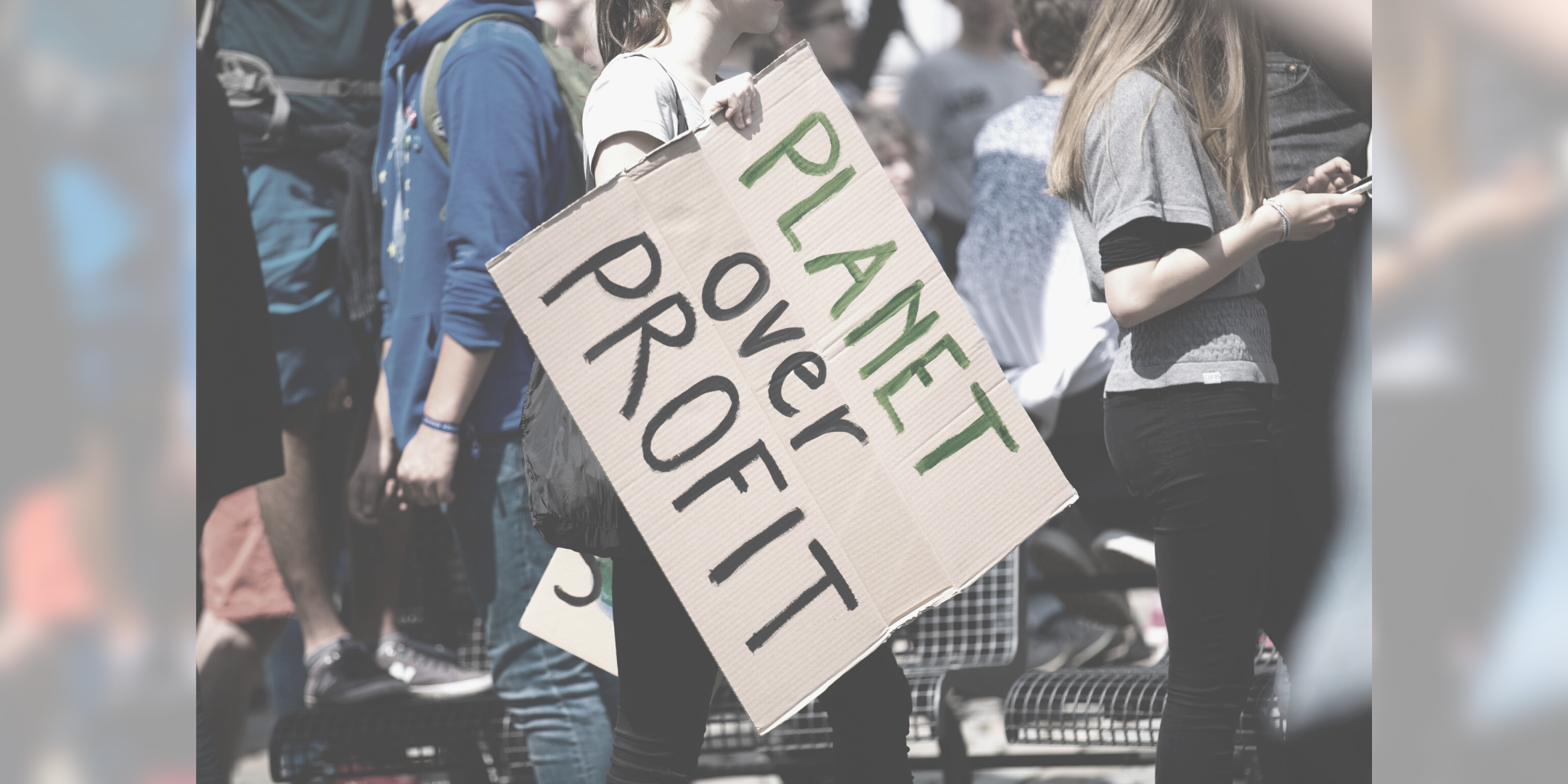DISCLAIMER: The following only represents the views of the author and does not reflect the views of Island ECC.
—
(Continued from Part 2)
If we wish to continue down the anecdotal list of valuable things I destroyed in childhood, we may perhaps move on to the time an innocent bathtub playtime escalated into my flooding the family home. Indeed, my younger self once set about bailing bath water overboard with all the fervor I could muster (I stood and utilized both arms to maximize efficiency), lest my boat-tub were to sink under the full force of an open faucet that rivaled a strong ocean leak. My very own deluge! On carpeted flooring, provided free of charge, and once again to the great delight of my family, as you can well imagine. Meanwhile, as the children of God, we now find ourselves not only on the other side of what God promised would be the last flood, but also on the other side of the last sacrifice of atonement: our sins removed, our salvation accomplished through the precious blood of Christ, and our sights set on eternity as we await His second coming.
“Every good and perfect gift is from above, coming down from the Father of the heavenly lights, who does not change like shifting shadows.” (James 1.17 NIV)
Have you ever wondered why nature and everything about God’s Creation, from the wonders of our planet to the constellations of our universe, is so breathtakingly beautiful? So awe-inspiring that it is said to sing His praises? The reason is simple: Creation is beautiful because it points to God—to His fingerprint—and so our daily choices in relation to it must also point to God and preserve its beauty. Loving God also means caring for God’s Creation. Indeed, God wants us to continue his work of creation, to fill and organize the world, and to bring more light into it. He trusts us not only to care for but also to better the world, our home. Pre-fall work was always fruitful and without failure. Now it is arduous and susceptible to setbacks, but our God’s values are unchanged. Our sights should remain on eternity and His intended ideal: we must devote ourselves to the service of His kingdom until Christ returns to restore the earth. (Isaiah 65.21-23 NIV)
Creation is beautiful because it points to God—to His fingerprint—and so our daily choices in relation to it must also point to God and preserve its beauty. Loving God also means caring for God’s Creation.
“The Lord God took the man and put him in the Garden of Eden to work it and take care of it.” (Genesis 2.15 NIV)
The Royal Priests of Eden
When I think of the Stewards of Creation, I sometimes imagine a boy-scout version of Rubeus Hagrid, infamous caretaker of the Hogwarts grounds (“Keeper of Keys and Grounds”), whose job it was to keep the Forbidden Forest and surrounding magical land in optimal shape. In much the same way, humans are what is termed the Royal Priests of Eden. Just as priests must tend to sacred temples, the followers of Jesus—His Royal Priesthood—are called to keep (maintain, care for, tend to) the sacred temple of God’s Creation. In Genesis 2, it is said that man was placed in the garden to work at the keeping of his covenantal relationship with God (the “it” in the verse above). In this way, we have been made full-time missionaries who must attend to the work of redemption every day of our lives, keeping ourselves accountable to our Godly mandate, and striving toward a life of holiness in service of His kingdom.
Just as priests must tend to sacred temples, the followers of Jesus—His Royal Priesthood—are called to keep (maintain, care for, tend to) the sacred temple of God’s Creation.
“The heavens declare the glory of God; the skies proclaim the work of his hands.” (Psalm 19.1 NIV)
Jesus’ famous parable of the Bags of Gold illustrates stewardship (Matthew 25.14-30) better than I could. (Currently, the way we act makes it seem like we are the fourth servant, one who went out and spent all the gold on his every desire of the flesh.) All of the resources and harvests we have are lent to us to steward faithfully and intelligently. Our God rejoices in ingenious use of resources, in bold initiative, adaptability/flexibility, and change/growth. Yet, as we are all aware to varying degrees, we are currently headed straight into a wall—and at F1 speed. This is in great part the result of our modern, flesh-derived diet. It would be neither faithful, nor ethical or sustainable, to continue stewarding the Creation’s resources as we have over the past decades.
All of the resources and harvests we have are lent to us to steward faithfully and intelligently. Our God rejoices in ingenious use of resources, in bold initiative, adaptability/flexibility, and change/growth.
Time has come for a radical shift in the ways we approach God’s covenant of love and treat His Creation (Deuteronomy 7.9). As His servants, we have to hold ourselves accountable. Creation-care is not only rooted in scripture, it is an essential part of our keeping of Christ’s New Commandment: it is caring for people, too. Creation-health greatly affects the lives and wellbeing of our neighbors, as well as the future of our children here on earth. [1]
Creation-care is not only rooted in scripture, it is an essential part of our keeping of Christ’s New Commandment: it is caring for people, too.
“Love the Lord your God with all your heart and with all your soul and with all your mind and with all your strength.’ The second is this: ‘Love your neighbor as yourself.’ There is no commandment greater than these.” (Mark 12.30-31 NIV)
——
[1] Christian veganism allows us to stand in favor of mercy and against the flawed diets and food systems that currently force both men and animals alike to endure indescribable suffering daily.
NB: 99% of animal-derived products come from factory farming, which is not only a pinnacle of cruelty but also our society’s lead climate crisis culprit, far ahead of even all of the world’s transportation systems put together (exceeding their total number by over 40%). It is also the best example of our disastrous stewardship of resources: it squanders water, available land, crops that could be used to end hunger but instead feed livestock (55% of harvests feed livestock), all the while making us sick and causing pollution through massive amounts of unmanageable and further disease-inducing toxic waste, among other things.
——
Continue reading: Part 4
RIGHTEOUSNESS — on Loving God as Holy People. “Plates of Mercy… Can the holy taste and see God?!”
——
Further Reading:
Damien’s CHRISTIAN VEGAN GUIDE

